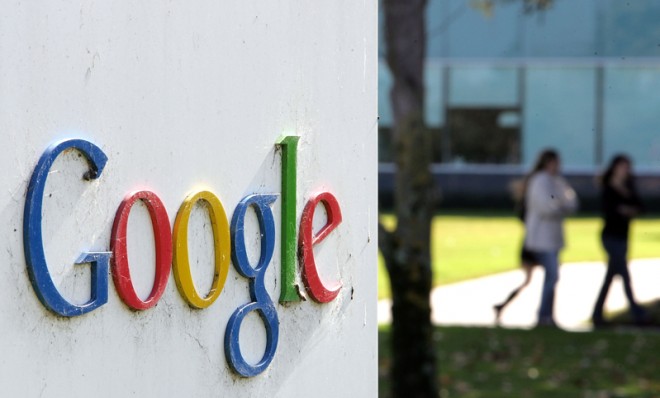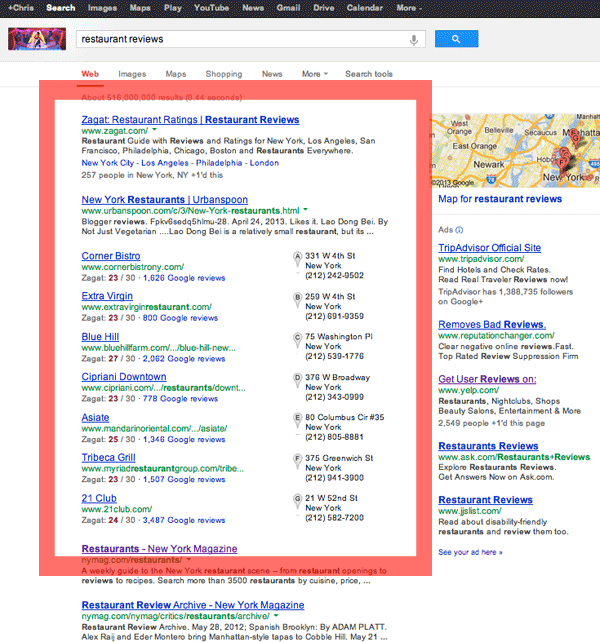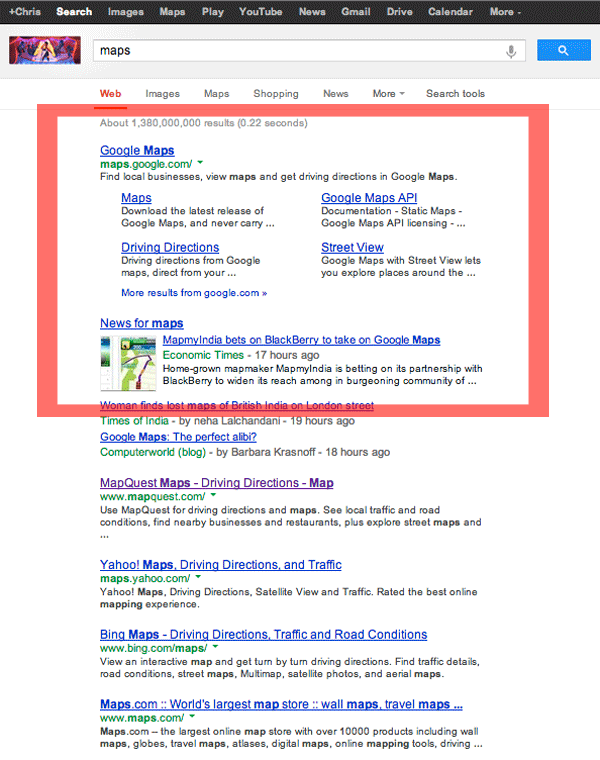Google's antitrust battle: Are the search giant's proposed concessions enough?
The company stands accused of giving its own services "favorable treatment" over competitors like Yelp, Microsoft, and more

A free daily email with the biggest news stories of the day – and the best features from TheWeek.com
You are now subscribed
Your newsletter sign-up was successful
The European Commission's ongoing anti-competitive battle against Google began a new chapter Thursday, as Google offered an olive branch that includes highlighting the services of rival businesses. Since November 2010, the company has been fighting allegations that it gives its own services "favorable treatment" in Google search results.
Google, of course, is much more than a search engine; there's Google News, Maps, Hotel Finder, Shopping, Zagat, and more. According to CNET, the EC investigation alleges that the company gives prominence to Google-owned properties in its own rankings, with the latest estimates from comScore indicating that Google owns 68 percent of all searches in the U.S., and 83 percent of all queries in Europe.
As the commission evaluates Google's proposal, it's soliciting feedback on the plan (read the whole thing online here), which includes provisions to "label promoted links to its own specialized search services so that users can distinguish them from natural web search results," as well as offering "all websites the option to opt-out from the use of all their content in Google's specialized search services."
The Week
Escape your echo chamber. Get the facts behind the news, plus analysis from multiple perspectives.

Sign up for The Week's Free Newsletters
From our morning news briefing to a weekly Good News Newsletter, get the best of The Week delivered directly to your inbox.
From our morning news briefing to a weekly Good News Newsletter, get the best of The Week delivered directly to your inbox.
The dominant criticism from competitors — including Yelp, Microsoft, Nokia, TripAdvisor, Kayak, and more — involves vertical, or specialized, search. Their charge is that Google "unfairly squeeze[s] them off the web, promoting its own services even when they wouldn't merit top placement when judged on the basis of relevance," says CNET.
Confused? Let's take a look at a few examples. Here's a Google search for "restaurant reviews" with personal results switched off. Yelp should come up first, right?

Nope. Google-owned Zagat along with seven Zagat reviews appear first. (Yelp doesn't appear till the bottom of the page.)
Let's try one more. How about the term "maps," which, in Google's defense, is one of the company's most widely used services:
A free daily email with the biggest news stories of the day – and the best features from TheWeek.com

You get the point. To its credit, Google is often very good at giving rival products their deserved shine — a search for "cheap flights" put Travelocity and Kayak above Google Flights, for example. But you can see how giving a large company like Google such a liberal amount of discretion in choosing placement for search results — especially if left unchecked — can lead to potential conflicts.
So far, at least, Google's competitors don't seem very pleased with Google's proposed compromise. ICOMP — a lobbying organization that includes Microsoft, Streetmap, and others in the U.K. — says Google's commitment to fair business comes "too little, too late."
"It is clear that mere labeling is not any kind of solution to the competition concerns that have been identified," said ICOMP in a statement (via TechCrunch). "Google should implement the same ranking policy to all websites. This should include their own vertical services, which currently have their ranking unfairly manipulated to appear at or near the top of search results."
-
 Health insurance: Premiums soar as ACA subsidies end
Health insurance: Premiums soar as ACA subsidies endFeature 1.4 million people have dropped coverage
-
 Anthropic: AI triggers the ‘SaaSpocalypse’
Anthropic: AI triggers the ‘SaaSpocalypse’Feature A grim reaper for software services?
-
 NIH director Bhattacharya tapped as acting CDC head
NIH director Bhattacharya tapped as acting CDC headSpeed Read Jay Bhattacharya, a critic of the CDC’s Covid-19 response, will now lead the Centers for Disease Control and Prevention